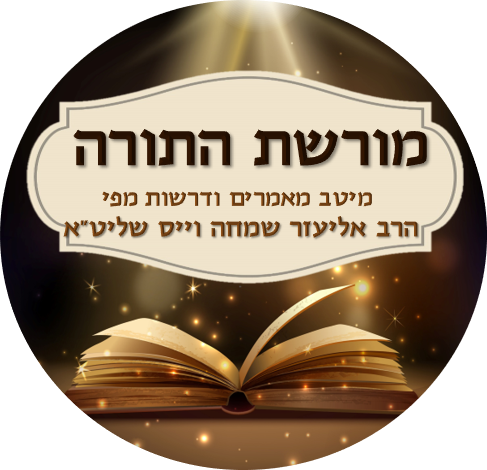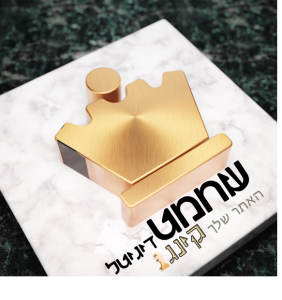Vayetze – To give a name
Rabbi Yitzchak Luria Ashkenazi Ben Shlomo (5294-5332 = 1534-1572 C.E.) the Ari Hakadosh says that parents may be gifted with a small amount of prophecy when they choose a name for their child. But that doesn’t seem to help parents from agonizing over which name to choose!
The Ashkenazi Jews’ custom is to give a name after a relative who has passed away. This keeps the memory of the person alive, and in an emotional way forms a bond between the soul of the baby and the deceased relative. This is a great honour to the deceased, because its soul becomes “bound up in the bond of life”. The child, meanwhile, can be inspired by the good qualities of the deceased.
Sephardi Jews also name children after relatives who are still alive. This is considered a great honour for the living relative.
It is also customary to name a child based on the Jewish holiday coinciding with the birth. For example, a girl born at Purim time might be named Esther if born on a festival she might be named Chagit or some other name connected with the Chag. Similarly, names are sometimes chosen from the Torah reading the week of the birth.
The Torah emphasizes how parents took great care in picking the names of their children. For example, Leah chose to call her fourth son Judah (in Hebrew, Yehudah). This name comes from the same root as the word “thanks.” The letters can also be rearranged to spell out the holy Name of God. The significance is that Leah wanted to particularly express her “thanks to God.” (Bereshis 29:35)
When naming a child, it is important to pick a name that will have a positive effect on the person named, since every time the child hears it they will be reminded of its meaning (Midrash Tanchuma – Ha’Azinu 7). The child who is called Judah is constantly reminded of how much gratitude we should have toward God! Another example of a popular name is “Ari,” which is Hebrew for lion. In Jewish literature, the lion is a symbol of a go-getter, a person who acts and gets things done someone who sees the opportunity to do a mitzvah, and pounces on it (see O CShulchan Aruch1) 1
If you live in a foreign country it is a good idea to give your child a Hebrew name that is also used in the local language, for example in an English speaking country you may wish to give Hebrew names that are recognized in English – e.g. Miriam, David, Sarah. This way, your child not only has a Hebrew name, but he will use it, too! This can be an important hedge against assimilation; the Midrash (Bamidbar Rabbah 20:21) says that the Jewish people were redeemed from Egypt, partly owing to the merit of having kept their Jewish names amidst the assimilationist society of Egypt. The use of a Jewish name can be instrumental in maintaining a Jewish identity.
Of course, there are bad names that should not be given to a child. The prohibition is against naming a son for a “rasha” – an evil person, about whom King Solomon, Shlomo Hamelech wrote (Proverbs 10 7) “May the name of the wicked rot” (see Yoma 38b and Rashi there). The name “Nimrod,” means “rebellion.” In Biblical times, when Abraham was teaching the belief in one God, Nimrod was the man who threw Abraham into a fiery furnace – out of rebellion against God. It would seem therefore not advisable to name your child Nimrod.


 שחמט דיגיטל
שחמט דיגיטל